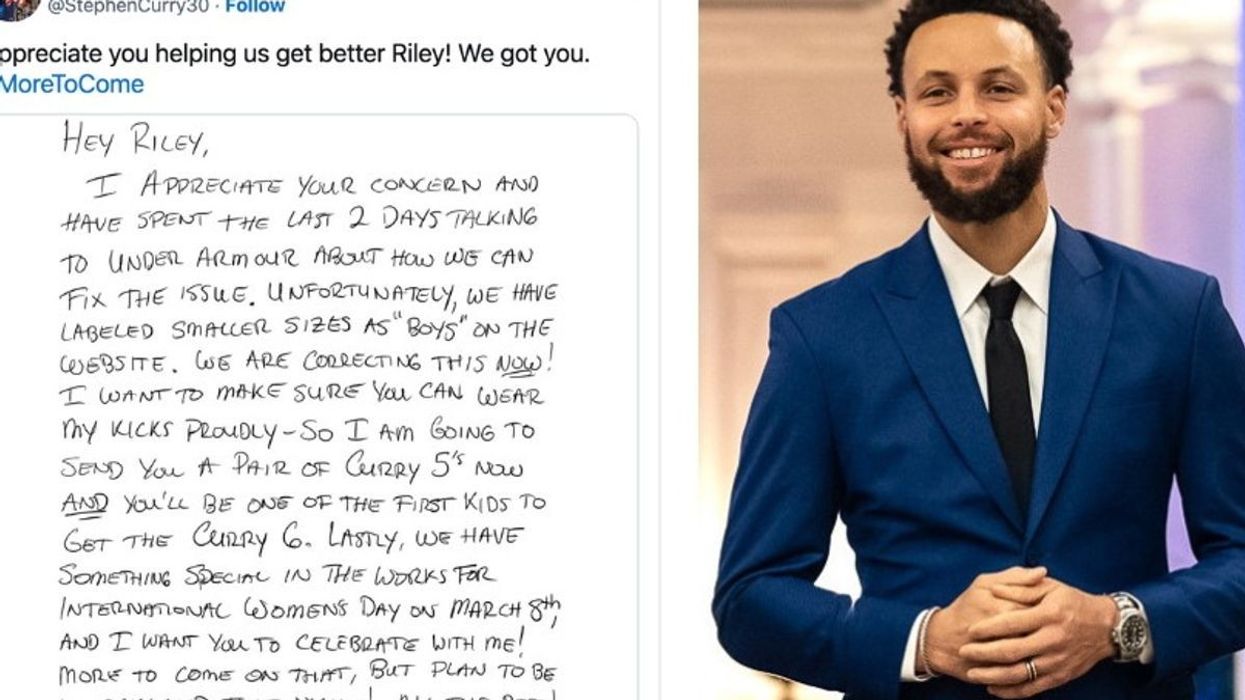The key to eternal youth isn’t a fountain; it may be “the ginger gene.”
The gene causing red hair can lead people to appear, on average, two years younger than they really are, according to scientists from the Erasmus University Medical Centre in the Netherlands and Unilever.
They arrived at this conclusion after combing through the makeup-free “naked face” images of 2,693 people, comparing how they looked versus how old they really were. Common among those with youthful looks were mutations of the MC1R—it’s necessary for making melanin, which protects against UV rays and affects skin pigmentation.
“The exciting part is we actually found the gene, and that we did find the first means we will be able to find more,” Erasmus professor Manfred Kayser told the BBC News website. “It is exciting because this is a well known phenomenon that so far cannot be explained—why do some people look so much younger?”
The researchers were unable to determine why the MC1R has such an effect on perceived age, so it may be a while before the world sees a fountain of youth, according to Ian Jackson, a professor with the UK Medical Research Council’s Human Genetics Unit. “MC1R is the major gene involved in red hair and pale skin, and what they’re trying to say is it’s got an impact on making you look slightly younger that isn’t to do with paler skin, but I’m not so sure,” he said.
Although the scientists leading the study say they tweaked their data to take into account different skin tones, Jackson is skeptical they made enough adjustments. He says hair color and eye color should’ve been considered as well. “I would suspect people who have paler pigmentation would look younger and that might be paler skin or bluer eyes or blonde or red hair,” he said.
More research is slated to take place, according to Dr. David Gunn, a senior scientist at the company. He hopes the findings will help create a product that will keep people looking forever young, saying that, “This is the first genetic study ever of perceived age, ideally we’d want something to boost this gene for everybody.”













